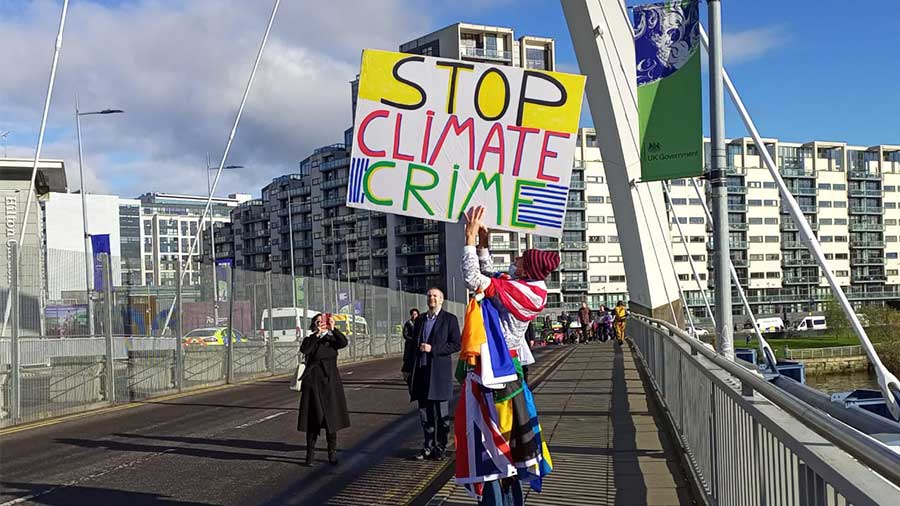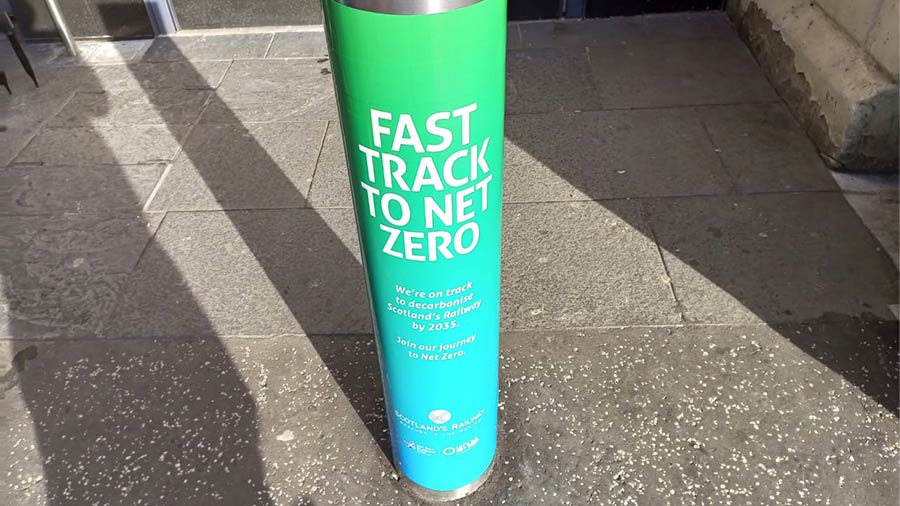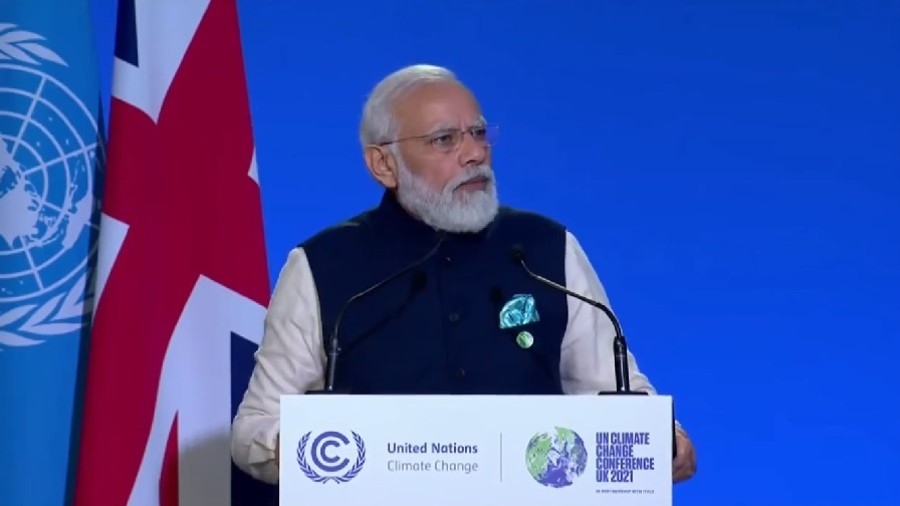Achieving Net Zero emission by 2070 is not a commitment by India, but a “long-term goal”. Prime Minister Narendra Modi had announced the 2070 Net Zero target at the COP26 in Glasgow last November.
The revised Nationally Determined Contribution (NDC), cleared by the Union cabinet on August 3 to be communicated to the United Nations Framework Convention on Climate Change (UNFCC), mentions that the revision “is also a step towards achieving India’s long-term goal of reaching Net Zero by 2070”.
The NDC is a formal declaration by a country on cutting emissions that is monitored by the UN.
As defined by the UN, Net Zero means cutting greenhouse gas emissions to as close to zero as possible, with any remaining emissions re-absorbed from the atmosphere by oceans, forests and other natural elements.
In Glasgow, Modi had presented “Panchamrit”, which were seen as five commitments by India on cutting carbon emission. While explaining the fifth point, the Prime Minister had said “by 2070, India will achieve the target of 'Net Zero'”.

India's updated NDC does not include all the Panchamrita promises made at COP26 in Glasgow. Picture courtesy: The Plurals
Two Glasgow targets go missing
Two of the other points made by Modi in Glasgow were ratified as commitments in the new NDC.
“As per the updated NDC, India now stands committed to reduce Emissions Intensity of its GDP by 45 per cent by 2030 from the 2005 level and achieve about 50 per cent cumulative electric power installed capacity from non-fossil fuel-based energy resources by 2030,” reads the government declaration.
The Prime Minister had also spoken about a target of reaching 500 GW non-fossil energy capacity by 2030 and reducing the country’s net projected carbon emission by 1 billion tonnes within the same timeline. These find no mention in the revised NDC.

The revised NDC mentions that India will not be bound by “any sector-specific mitigation obligation or action”. Picture courtesy: The Plurals
“India’s updated NDC has been prepared after carefully considering our national circumstances and the principle of common but differentiated responsibilities and respective capabilities (CBDR-RC),” reads the document.
“Providing new and additional financial resources as well as transfer of technology to address the global climate change challenge are among the commitments and responsibilities of the developed countries under UNFCCC and the Paris Agreement. India will also require its due share from such international financial resources and technological support,” says the government statement.
One of the commitments being ratified seems to have been watered down since Glasgow. “This (India’s new NDC) represents important action but it is disappointing that we have stated that we will have 50 per cent installed non-fossil fuel capacity by 2030. India had said in Glasgow that we will meet 50 per cent of electricity requirements from renewable energy by 2030,” said Sunita Narain, director-general at environment thinktank, Center for Science and Environment (CSE).
According to the NDC India had submitted to the UNFCCC in 2015, cumulative electric power installed capacity from non-fossil sources was to reach 40 per cent by 2030, and the emissions intensity of GDP was to reduce by 33-35 per cent from the 2005 levels.

“To achieve the 2070 Net Zero goal, India needs actionable short-term targets till 2030,” opined a climate expert Picture courtesy: The Plurals
More actionable short-term goals needed
“Only a part of what was announced in Glasgow now gets enshrined in India’s NDC. While the direction of travel is good, the pace could have been faster,” said Aarti Khosla, director of Climate Trends.
Vibhuti Garg, the India Lead of Institute for Energy Economics and Financial Analysis, also pointed out that “India's updated NDC does not include all the Panchamrita promises made at COP26 in Glasgow”. While accepting that the NDC is a step in the right direction, the expert observed: “To achieve the 2070 Net Zero goal, India needs actionable short-term targets till 2030”.
Harjeet Singh, head of global political strategy at Climate Action Network International, said: “While it is understandable that India had to calibrate Prime Minister’s Glasgow announcements considering the economic situation, the country could have linked its emission-reduction commitments with international climate finance that rich countries are obligated to provide. That could have strengthened its bargaining power at the upcoming climate talks in Egypt.”
Another climate expert felt the need of the hour was to set sector-specific targets for achieving broader emission reduction goals. The NDC mentions that India will not be bound by “any sector-specific mitigation obligation or action”.


